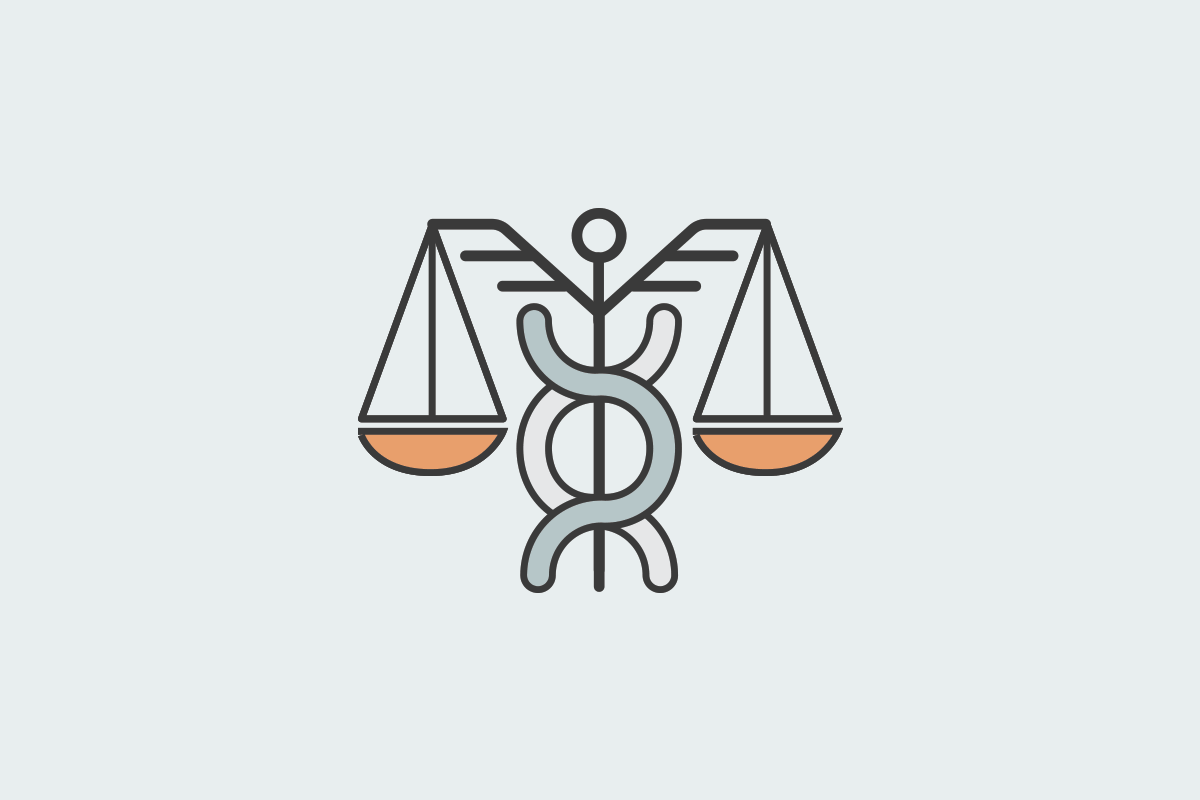During the COVID-19 pandemic, people spent a lot of time isolated and indoors, which helped foster an environment where some people now feel lonelier than ever. The result is a loss of social connectedness—the degree to which people feel the social connections and relationships in their lives to satisfy their wants and needs. When social…
Your Welcoa membership has expired.
What Civil Rights Law Can Teach Workplace Wellness Professionals
The following article does NOT constitute legal advice and should not be used as such. It is for educational purposes only. Readers should retain legal counsel to obtain definitive answers.
Not too long ago I believed that no one would or could object to the primary goal of workplace wellness, which is to improve employee health through encouraging the adoption of healthier behaviors. Yet, recent research in civil rights law threw that belief into doubt. For many civil rights advocates, the goal of creating and implementing civil rights laws was not to eliminate differences, but to embrace them. The purpose behind civil rights law is to disable notions of what we perceive as normal or preferred. Rather, civil rights laws demand acceptance and genuine care for others.
Yet, the very foundation of many workplace wellness programs defy the purpose of civil rights laws by assuming that all individuals desire and are able to improve their health. Workplace wellness expects individuals to take personal responsibility for their health and make choices to improve their health. By fixating on choice and control, workplace wellness professionals are likely to ignore societal barriers to health and inequitable resource allocation that impacts an individual’s ability to achieve a healthier life. Focusing on choice and control also takes the focus away from the role a wellness professional could play in providing the care and support individuals may need beyond a good Health Risk Assessment score or the ability to meet a walking challenge. By failing to address societal constraints and how health resources are currently allocated, workplace wellness programs that incentivize certain behaviors and penalize others further discriminate against individuals for whom civil rights laws are designed to protect. We must do better to steer wellness professionals away from false assumptions about lifestyle choices and from homogenous wellness programs or activities.
Instead, workplace wellness professionals should learn about civil rights law and protect those rights through workplace wellness program design and implementation. As noted in one study, protection of civil rights has been associated with marked improvements in the health of covered populations.1 But mere existence of civil rights and regulations is not enough; those rights must be implemented, and implementation of civil rights in health care has been lacking.2
Civil rights implementation is a type of enforcement. Enforcement of civil rights through court decisions and other enforcement actions can be a powerful social determinant of health.3 For example, “[d]eprivation of civil rights has been a prominent factor in the poor health of Black people in the United States.”4 The same could be argued of other protected classes, such as those with disabilities, older individuals, as well as classes related to religious beliefs or gender. The purpose of civil rights laws is not to change individuals into someone else, but to embrace differences and protect those differences. This purpose of civil rights law cuts against the tendency of wellness activities to push everyone to participate and eliminate differences posed by nonconforming minds and bodies. Programs such as Exercise is Medicine emphasize increased physical activity and individual responsibility at the expense of ignoring that such models do not fit everyone and are not even possible for many people because of limited resources and energy. Although the American College of Sports Medicine (ACSM) seeks to improve cultural competency for health care providers and fitness professionals by looking at lack of access to health care systems or physical activity opportunities or professionals, such an approach falls short. It is still founded on the assumption that health is within a person’s control and a matter of choice; if given the right opportunities, all persons can improve their lifestyle.
Civil rights education can shift the wellness paradigm to one that values acceptance, care and interdependence. Rather than focusing on paternalistic programs and personal responsibility for health, civil rights training can teach wellness professionals the importance of understanding and appreciating differences. It can teach wellness professionals that for some individuals, meeting optimal health metrics may not be possible or desirable. Instead, wellness professionals could help those individuals, either directly or through advocacy, to find other ways to support their needs and strengths.
1 Hahn, R.A., et al., Civil Rights as Determinants of Public Health and Racial and Ethnic Health Equity: Health Care, Education, Employment and Housing in the United States, SSM Population Health 4 (2018)
2 Id.
3 Id.
4 Id.

Barbara J. Zabawa
President of the Center for Health and Wellness Law, LLC
wellnesslaw.com
Health Promotion Program Legal Updates*
Every 3rd Wednesday from 10:00–11:00 AM CT
*This is an exclusive WELCOA Member Resource.




